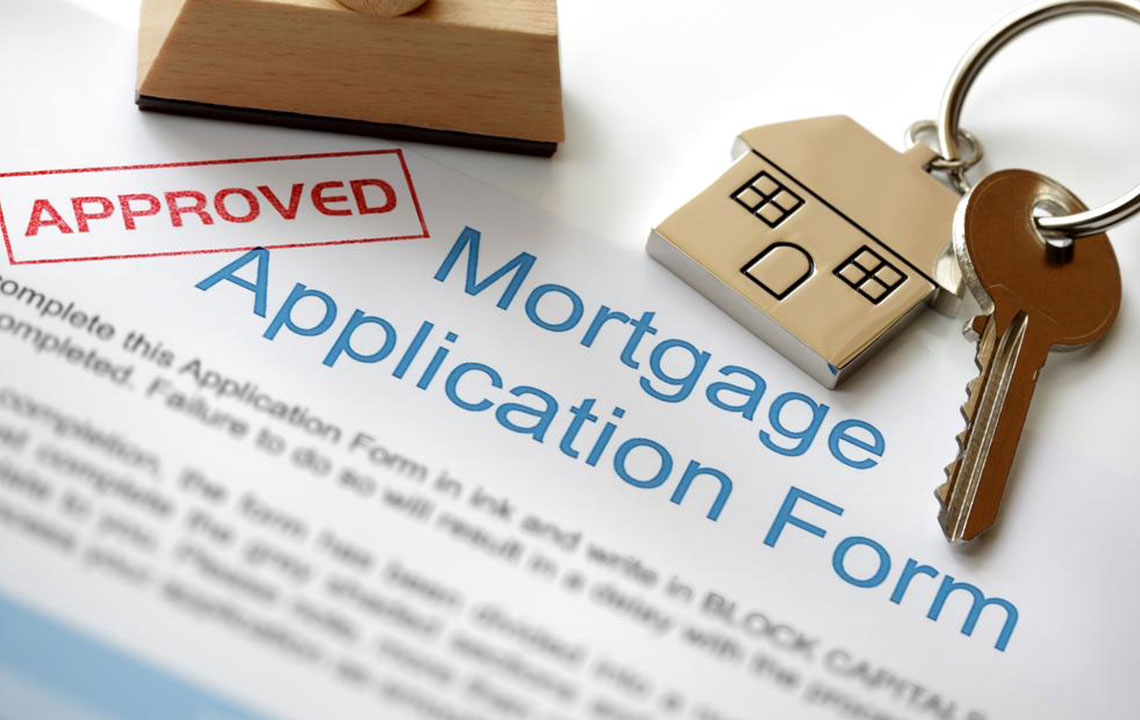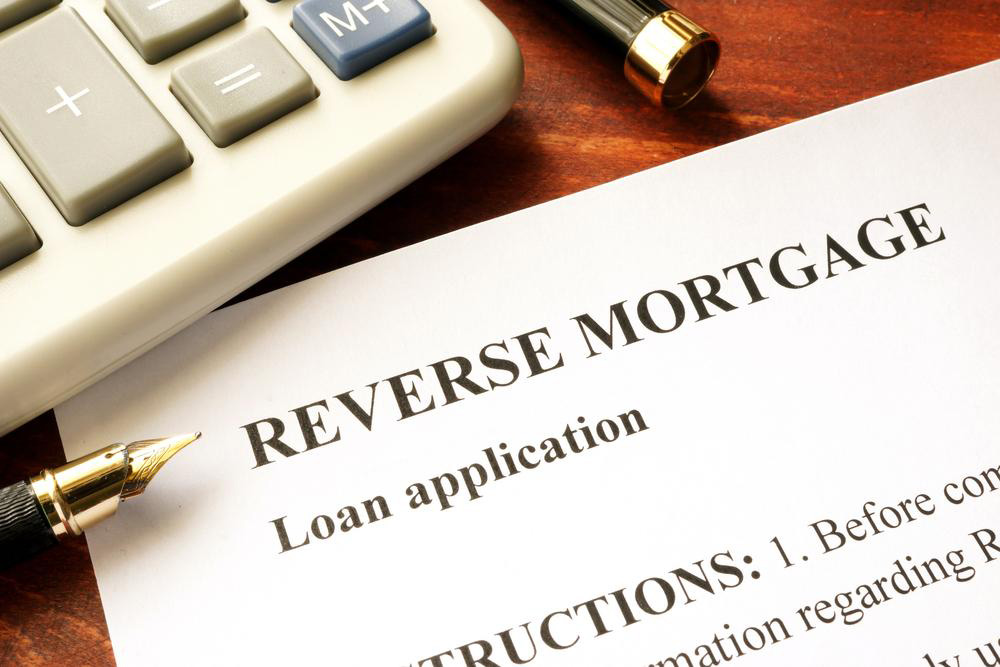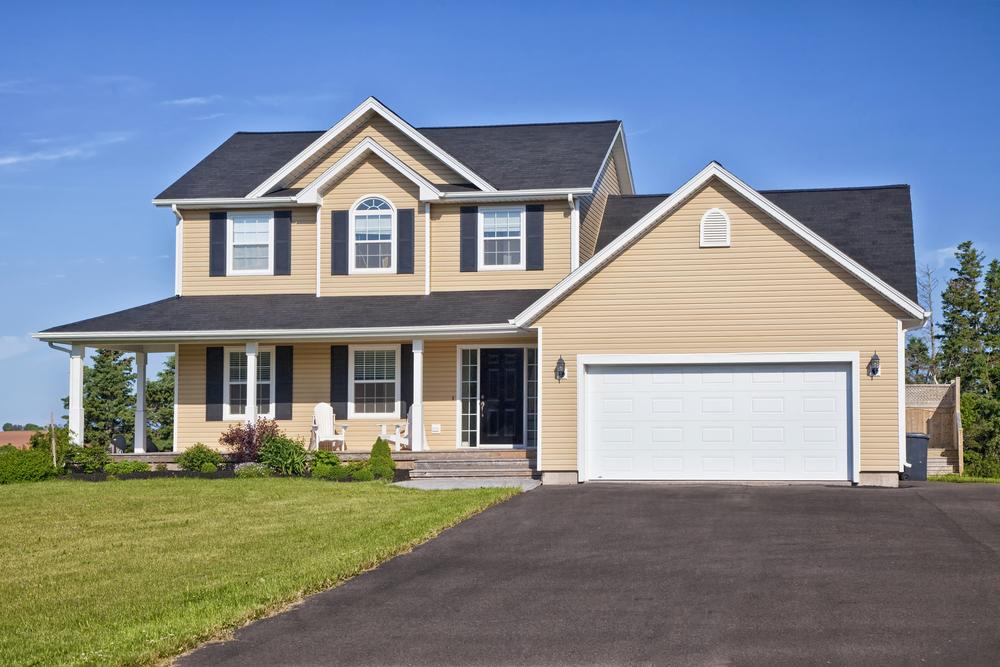Guide to Qualifying for Non-Conforming Home Loans
Learn how to qualify for non-conforming mortgages, including essential criteria like jumbo loan limits, down payments, debt ratios, and property types. Understand alternative options such as FHA and VA loans designed for specific borrower needs. This guide helps prospective homebuyers navigate the complexities of non-conforming mortgage qualification, highlighting key eligibility factors and industry insights.

Guide to Qualifying for Non-Conforming Home Loans
Choosing the ideal mortgage is essential after finding your perfect home. Mortgages are generally categorized as conforming and non-conforming. Conforming loans meet standard guidelines set by banks and government-sponsored entities (GSEs), which allows them to be sold on the secondary market. Conversely, non-conforming loans do not meet these criteria, making them harder to sell and typically carrying higher interest rates. While not bad loans, non-conforming mortgages are considered riskier and require specific qualification criteria.
Conforming mortgages often end up in GSE portfolios and are converted into mortgage-backed securities, enabling banks to reinvest and fund new loans.
Non-conforming home loans pose higher risks to lenders and are sold in specialized markets. Here are common factors influencing eligibility for such loans:
Jumbo Loans
These are loans exceeding the limits of standard conforming loans. For larger loan amounts, a super conforming loan may be an option.
Lower Down Payment
Making a down payment under 20% often qualifies you for a non-conforming mortgage.
Debt-to-Income Ratio
Mortgage lenders assess your repayment capability by calculating your debt-to-income ratio. If your ratio exceeds 42% and your credit score is below 620, you may qualify for a non-conforming loan.
Additional eligibility factors include:
Non-warrantable Properties
Properties like commercial units or complexes where the developer owns most units aren't eligible for conforming loans, requiring non-conforming financing.
Meeting Lending Guidelines
If your financial documents, employment history, and assets don't meet standard conforming criteria, a non-conforming loan might be suitable.
Non-conforming loans are crucial in the housing industry, providing opportunities for many buyers who wouldn't qualify otherwise. Alternative options include government-backed loans from FHA and VA, which are designed for low credit scores, high debt ratios, and military families, respectively. Stay informed on mortgage news by following industry updates on our page and social media.
Note: The information shared is for educational purposes. Always verify details and consult lenders for personalized advice, as data and schemes may vary over time.









